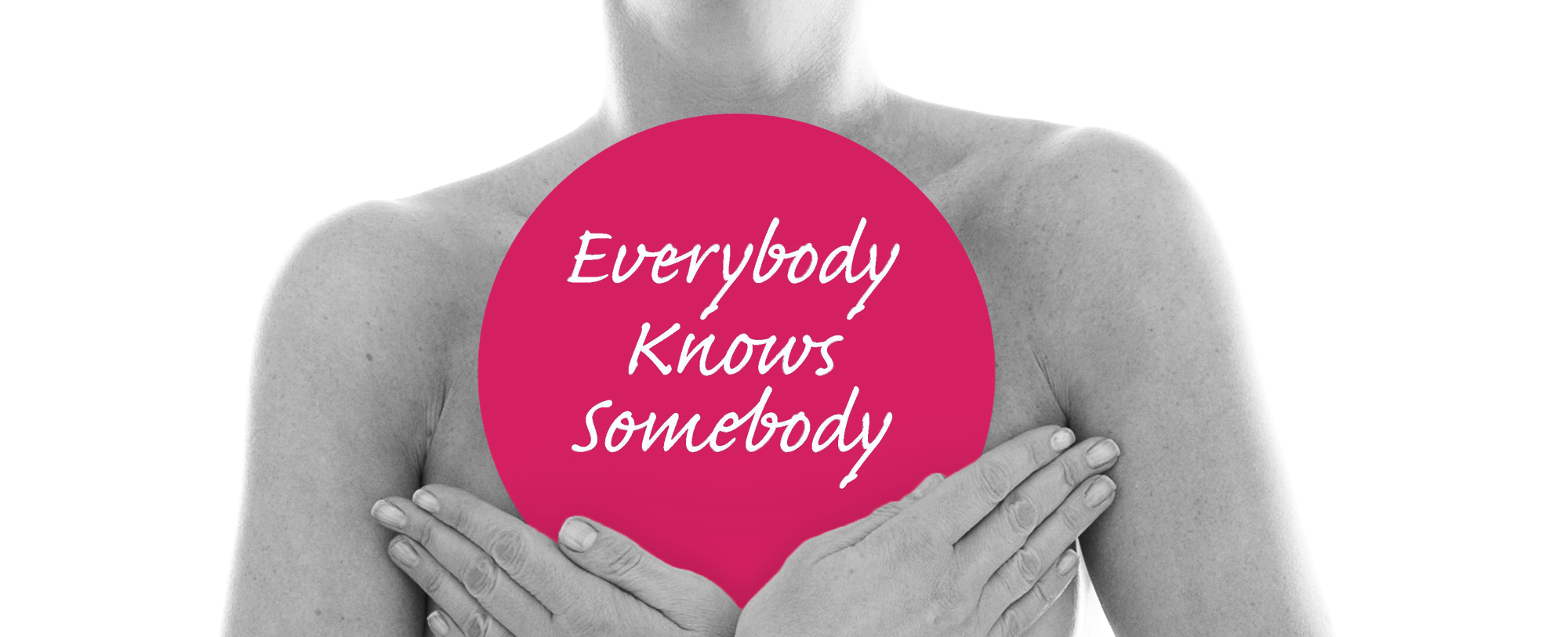Over the last 3 months the Worcestershire Breast Service, including our charity the Worcestershire Breast Unit Haven, has risen to the challenges the Covid 19 epidemic has brought in order to minimise disruption to patients, to produce some of the best results in the country in its field.
The four Worcestershire sites (Worcester, Redditch, Bromsgrove and Kidderminster) were centralised to the Worcestershire Breast Unit and with 3 breast consultants and 3 breast care nurses deployed to the wards, the 2 week-wait targets (>98% seen for April and May) were sustained.
Clinics were adapted to ensure a safe environment for staff and patients. Telephone and on-line consultations were implemented to ensure no delay to treatment and continue vital support. Video conferencing for team meetings, patient support groups and open Question & Answer sessions have all been used, managed and implemented by Worcestershire Breast Unit Haven charity team.
To ensure continuity, surgery moved to South Bank Hospital, undertaking 111 cancer operations in the first 9 weeks of the epidemic. This has been highlighted as one of the highest caseloads undertaken during this time in the country (based on Spires’ hospital group figures). Operations at the Kidderminster Treatment Centre have resumed and clinics at The Alexandra Hospital will restart imminently.
Worcestershire breast care nurses have seen over 200 patients for wound assessments in the Unit and managed at least 30 telephone calls daily to help to prevent any hospital admission.
In April we were approached to help a neighbouring breast service that was not able to manage their service due to Covid19. Two of our surgeons agreed to support this team both surgically and in outpatients. Our admin team not only have been instrumental in organising the transformation of the service but also were able to assist significantly with the backlog of letters for other services. The team continues to develop the service, introducing a new radiotherapy technique that reduces the number of visits to the hospital and we have also expanded the use of genomic tests to target better chemotherapy usage.
Our junior doctor has developed a breast service website which will be launching in July funded by the WorcestershireBreastUnitHaven charity. We have also introduced a new method of localising impalpable breast cancers for surgical removal resulting in a better experience for the patient.
As a service we are also delighted to have formally integrated with the radiological and breast service as a new directorate within the division of Women and Children. This will culminate in the £4 million expansion of the breast unit, bringing the screening assessment service and symptomatic service to one site.
There are still challenges and we are planning to restart breast screening in September as well as introducing patient centred follow-up.
The recruitment of a new consultant breast surgeon (starting September) as well as the planned recruitment of a new consultant radiologist and of two new breast care nurses are exciting next steps.





